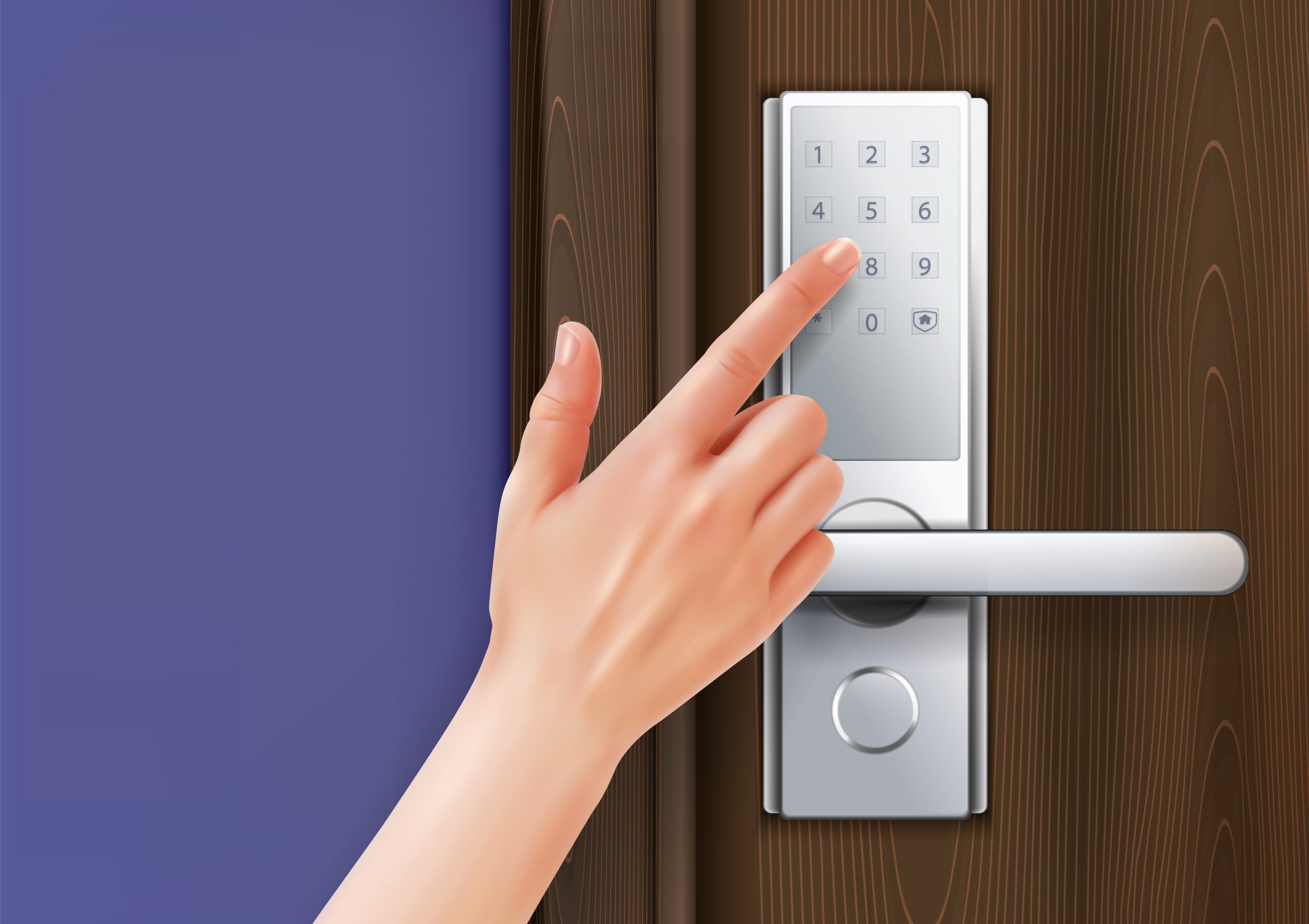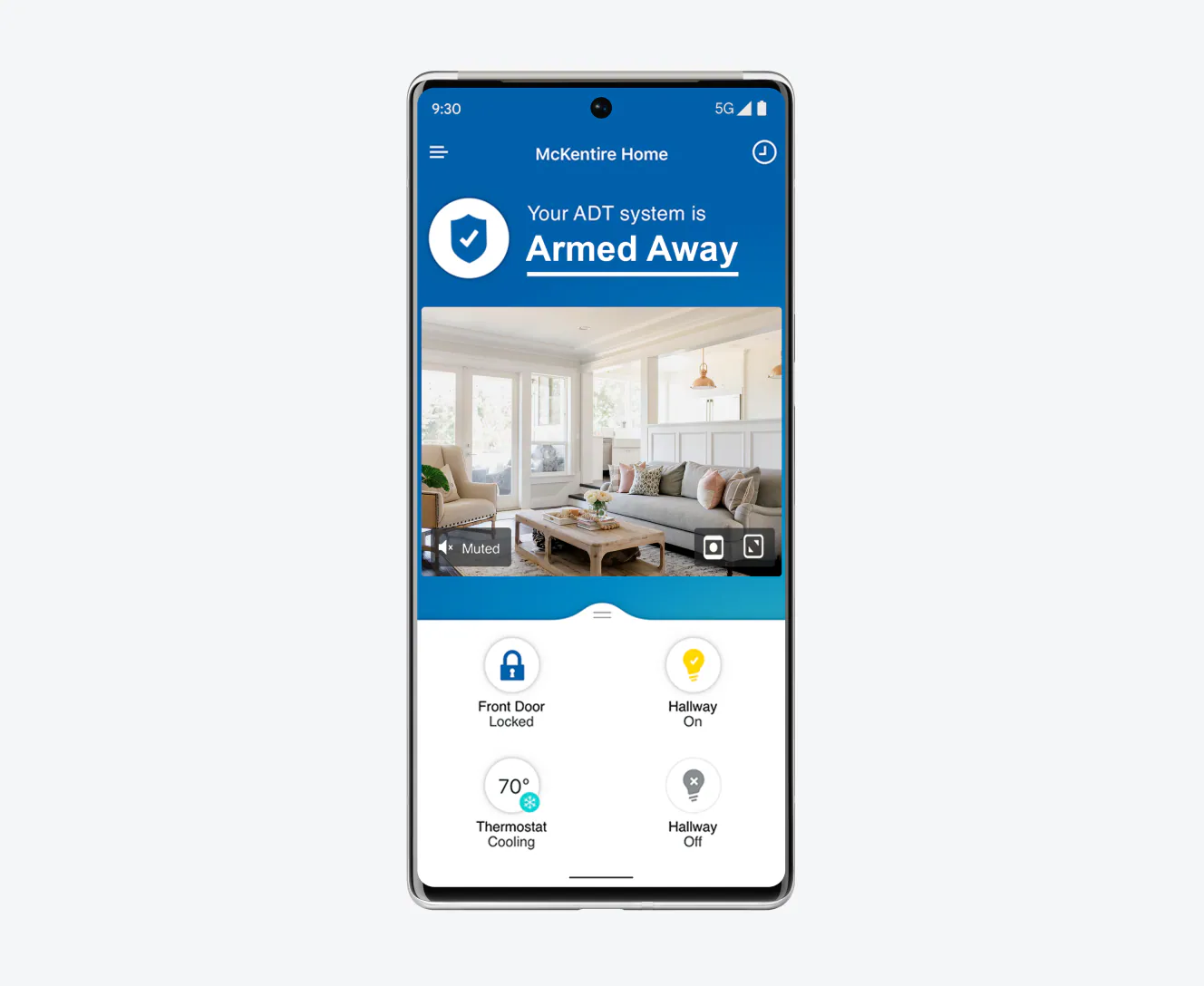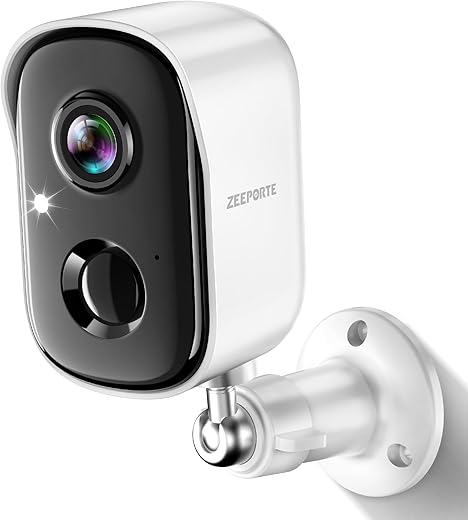How to Understand Smart Lock Security Ratings
In a world where nearly 30% of home break-ins occur through unlocked doors, understanding smart lock security ratings has never been more critical. This step-by-step guide is designed to empower you with the knowledge needed to navigate the often-confusing landscape of smart lock security ratings, ensuring you choose a locking solution that truly protects your home. By breaking down complex terminology and rating systems, the post will help you identify which features matter most, ultimately giving you peace of mind in your smart home investments. Whether you’re a tech novice or a security-savvy homeowner, this guide is here to help you make informed decisions that safeguard your loved ones and belongings.



Research Smart Lock Types
Familiarize yourself with the various types of smart locks available on the market, such as deadbolts, lever handles, and smart padlocks. Research their unique features and benefits to understand how each type can enhance your home security. Compare their installation processes, functionalities, and compatibility with smart home systems. Explore user reviews and expert recommendations to find a smart lock that best fits your needs.
Learn About Security Ratings
- Familiarize yourself with the ANSI/BHMA rating system, which assesses the durability and security of locks based on rigorous testing procedures. This will help you understand how well a lock can withstand various types of attacks.
- Review the different categories of ratings, such as Grade 1 (highest security) to Grade 3 (lowest security), and identify which level meets your needs for safety and reliability.
- Research other security rating systems, such as UL (Underwriters Laboratories) or CSA (Canadian Standards Association), to gain a broader perspective on lock security features.
- Compare the ratings of various smart locks to make informed decisions about which ones offer the best protection for your home or business.
Identify Key Security Features
Examine the smart lock for essential security features like encryption protocols, which ensure that your data remains safe from unauthorized access. Verify the presence of two-factor authentication, a crucial step that adds an extra layer of protection by requiring a second form of identification. Check for tamper alerts that notify you if someone attempts to interfere with the lock. Recognizing these features allows you to effectively assess the overall security of the smart lock, ensuring that your home remains protected.
Evaluate Durability and Build Quality
Examine the materials used in the smart lock, looking for metals like stainless steel or solid brass, which indicate a strong build. Assess the construction details, such as the locking mechanism and casing, to ensure they are well-designed and free from weak points. Pay attention to any certifications or ratings that might indicate resistance to physical attacks, as these often reflect the lock’s durability and security. Consider testing the lock’s weight; a heavier lock generally suggests higher quality materials and sturdiness.
Check for Certifications
- Investigate if the smart lock has been tested by trusted organizations like UL (Underwriters Laboratories) or ANSI (American National Standards Institute). These organizations evaluate products for safety and security standards.
- Look for specific certifications such as BHMA (Builders Hardware Manufacturers Association) Grade 1, which indicates a high level of security.
- Check the manufacturer’s website or product packaging for certification logos, which can provide quick visual confirmation of the lock’s reliability.
- Read reviews or expert articles that mention the certifications received by the smart lock, as this can offer additional reassurance about its performance and security features.
Read User Reviews
- Search for user reviews on trusted websites or forums dedicated to smart home devices.
- Read through both positive and negative feedback to get a balanced view of the product.
- Pay attention to comments regarding reliability, security features, and any issues users have experienced over time.
- Note patterns in reviews that mention ease of installation, app functionality, and customer support, as these can significantly impact your overall experience.
Compare Different Models
Create a comparison chart by gathering data on various smart lock models. Research their security ratings, features, and user feedback from reliable sources. Organize this information in a clear and concise format, using columns for each category. Visualize the data by using different colors or symbols to highlight strengths and weaknesses, making it easier to scan and analyze. Regularly update your chart as new models emerge or existing models receive updates, ensuring you always have the latest information at your fingertips.
Understand Potential Vulnerabilities
Research common vulnerabilities associated with smart locks, focusing on issues like hacking and power failures. Investigate the potential for unauthorized access through Wi-Fi or Bluetooth connections, and consider how easy it is for someone to exploit these entry points. Examine the lock’s design to understand how it responds during power outages, ensuring it has a reliable backup method for unlocking. Evaluate customer reviews and expert analyses to identify any recurring security concerns, which will help you select a smart lock that effectively mitigates these risks.
Consult Professional Opinions
Consult security professionals or locksmiths for tailored advice regarding smart locks. Discuss your specific security needs and any concerns you have about your property. Listen to their recommendations, as they can help you identify the best options based on your situation. Take notes on their insights to compare different products and make an informed decision.
Make an Informed Decision
Research various smart locks available in the market. Compare their features, prices, and security ratings by reading reviews and expert opinions. Identify your security requirements, such as keyless entry, remote access, or alarm alerts. Select a smart lock that aligns with your lifestyle, ensuring it fits within your budget while meeting your specific needs.
Key Takeaways on Ratings
In conclusion, understanding smart lock security ratings is essential for making informed decisions about your home security. By researching the different types and features, as well as seeking advice from professionals, you can ensure that you select a smart lock that meets your specific needs. With this knowledge in hand, you can feel confident in enhancing your home’s safety and enjoying the peace of mind that comes with it. Happy locking!
Essential Supplies Needed

Maximize Your Security
news via inbox
Stay updated with the latest tips and offers. Subscribe to our newsletter today!











Hey, just wanted to say this guide is super helpful! I went through the steps and ended up getting the August Smart Lock Pro. The security ratings helped me feel confident about my choice, and I love the convenience of locking and unlocking via my phone. Thanks for putting this together!
Has anyone tried the Kwikset Halo Smart Lock? I’m curious about its security features compared to others mentioned in the guide. It seems like a good option!
Yes, the Kwikset Halo Smart Lock is a solid choice! It offers features like bank-level encryption and a backup key option. Have you checked the user reviews for it? They can give you a better idea of real-world performance.
Quick tip: When you’re looking at user reviews, don’t just focus on the star ratings. Read through the comments to see if people had any issues with setup or connectivity. I found that helpful when I was deciding between the Schlage Encode and Yale Assure 2.
Great tip! User comments can provide insights that numbers alone can’t. Thanks for sharing your experience with the Schlage Encode and Yale Assure 2!
Thanks for the feedback! We’re glad to hear that the guide helped you choose the August Smart Lock Pro. It’s a great choice with solid security features. Enjoy the convenience!
I’m still debating between the Eufy Smart Lock and the Level Lock. They both seem great, but I’m worried about how they handle power outages. Any thoughts on which one is more reliable?
Both locks have backup options, but the Eufy Smart Lock has a rechargeable battery that can last several months, whereas the Level Lock uses standard batteries. If power outages are a concern, Eufy might be the better pick!
I adapted the steps a bit by including my family’s needs in the evaluation. We have kids, so I focused more on features like guest access and temporary codes. It helped us choose the Kevo Smart Lock, which has been working great for us!
That’s an awesome adaptation! Including family needs is crucial when choosing a smart lock. The Kevo Smart Lock is a fantastic option for managing access for family and guests. Thanks for sharing your experience!
I followed the guide and identified key features, but I’m stuck on checking for certifications. How do I know if a smart lock has the right certifications? Any advice?
Good question! Look for locks that have certifications like UL 294 or ANSI/BHMA grading. These indicate that the lock has passed certain security tests. Always check the manufacturer’s website for detailed certification info!
It’s interesting how some folks swear by smart locks, while others are super skeptical about them. I get that they’re convenient, but I still worry about hacking and security breaches. Would love to hear what others think!
That’s a valid concern! Security is always evolving, and while smart locks offer many conveniences, it’s important to stay informed about potential vulnerabilities. It’s all about finding the right balance between security and convenience.